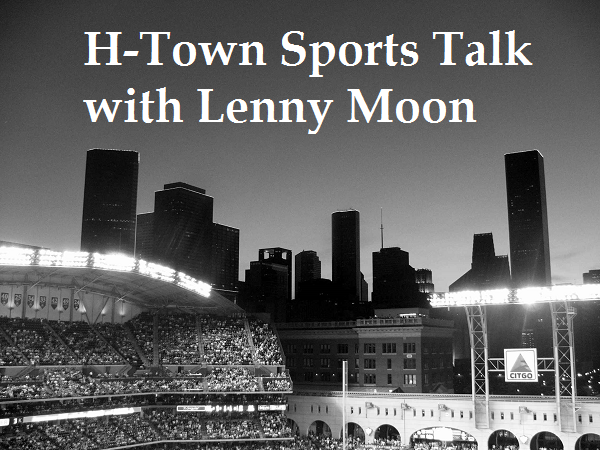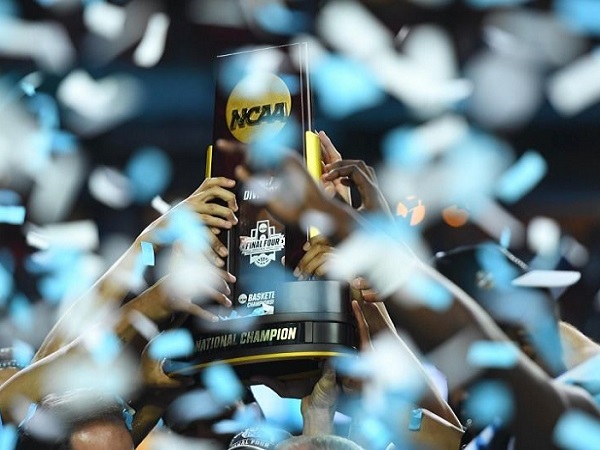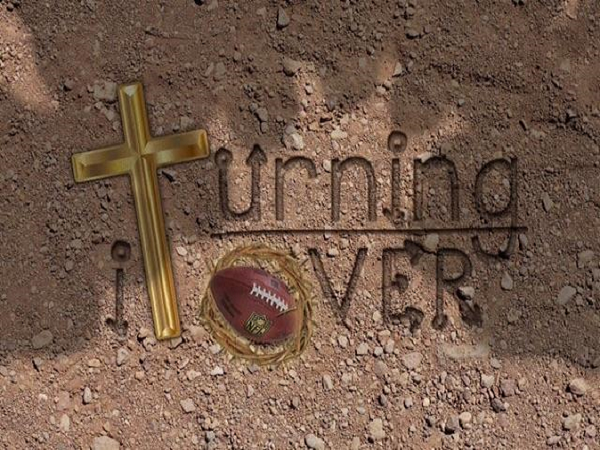The post-production of the Houston Astros cheating scandal has in some sense created more if not equal news to the scandal itself. Years from now, public relations courses will utilize the press conference and the entire discussion from the Commissioner’s Office briefings to the Astros organization to even the commentary that followed as things to learn from when discussing past and on-going scandals and investigations.
It is not the role of this author to lay blame or rehash what has already played out in the media. The actual punishment laid down by the Commissioner was previously written about in “The Thing About Discipline,” which you can read here. The purpose of this column is to discuss the aftermath of the entire Astros cheating scandal through the prism of the subsequent litigation that has or may be filed.
1. Former pitcher Mike Bolsinger sues Astros
In California, where the litigation is filed, there are laws against the intentional interference with prospective economic relations, specifically, intentional interference with prospective economic advantage, intentional interference with prospective business advantage, tortious interference with economic expectancy, or variations the above. No contract is required under this law, but only a relationship with interference. There are two requirements to prove a claim: (1) “An existing business relationship with a third party, and” (2) “A reasonable certainty that a specific future dealing with such third party will be economically profitable.”
Here, Bolsinger can prove he had a relationship with the Toronto Blue Jays as a major league pitcher when he faced the Houston Astros who may have cheated successfully against him by electronically stealing signs off of him, but the reasonable certainty for a future contract is very difficult to prove especially in baseball where nothing is guaranteed the next season for players not signed long term. Bolsinger will have an uphill battle, albeit his intentions are well received as he wants to donate any trial winnings to charity.
2. Fan sues and Houston law firm seeks Astros ticket holders to sue the Astros
One Astros fan has sued the Astros for violations of Texas’s Deceptive Trade Practices and Consumer Protection Act by “deceptively overcharging them for season tickets while . . . knowingly and surreptitiously engaged in a sign stealing scheme in violation of Major League Baseball rules.” The complaint alleges that the Astros “secretly put a deficient product on the field.” Secondly, and unrelated, a Houston law firm seeks plaintiffs for a prospective class action law suit under the claim that the cheating scandal is unfair to paying fans and compensation should be awarded. First, and again, nothing is guaranteed in baseball including winning or low ticket prices. Ticket prices generally go up every year. Second, the Astros have a good team and have won over 100 games the past three seasons (the talent and skill is obviously there). The fact that the Astros cheated does not mean every dollar made or win obtained occurred under false pretenses. Calculating the difference is both futile without all the facts and unlikely for a court to create precedent.
3. Los Angeles law firm seeks Dodgers fans to file a class action
This lawsuit alleges that “the fans who were present at [2017] World Series [seek] reimbursement [for] costs of attendance.” The claim is that the prices of hot dogs, beer, and tickets were erroneously inflated because of the World Series. However, it takes two to tango and the Dodgers are not alleged to have cheated and made it to the World Series along with the Astros. The series went seven games and despite the loss it was considered at the time one of the greatest October Classics. It is already expensive to attend a Dodger game and again prices generally go up every year. Would the fans have paid less if they knew the Astros were cheating or if they played the Yankees? Unlikely, fans would have paid more to express their displeasure through booing against the Astros or to see the Yankees, the largest market team in baseball with significant World Series history against the Brooklyn and Los Angeles Dodgers. Again, the fact that the Astros cheated does not mean every dollar made or win obtained occurred under false pretenses. Calculating the difference is both futile without all the facts and unlikely for a court to create precedent.
4. Users of DraftKings sue Astros, Boston Red Sox, and Major League Baseball for distorting statistics
DraftKings participants allege that the Astros, Red Sox, and Major League Baseball through the electronic sign-stealing scandal distorted fantasy baseball contests they wagered on. Basically, the statistics and results were inflated so their bets were off the mark. Once again, the fact that the Astros cheated does not mean every dollar made or win obtained occurred under false pretenses. Calculating the difference is both futile without all the facts and unlikely for a court to create precedent.
In a seemingly unrelated case, a judge has ruled, which is likely to be appealed and overturned, that baseball teams may now be liable for foul balls that hit and injure fans. The law on this has been clear for years, baseball teams are not liable as fans assume the risk and accept the terms and conditions on the back of every ticket they purchase. Teams have taken steps to extend netting to protect fans. Times do change, but this would be a sharp turn where an appellate court will rely heavily on precedent.
In all, it could be that baseball liability is being reconsidered in the collective as people want to hold others accountable in sports. However, with the rule of law, precedent has mostly protected organizations. This protection through precedent is important because it limits lawsuits where standing, claims, and damages get the fairest treatment for all.























